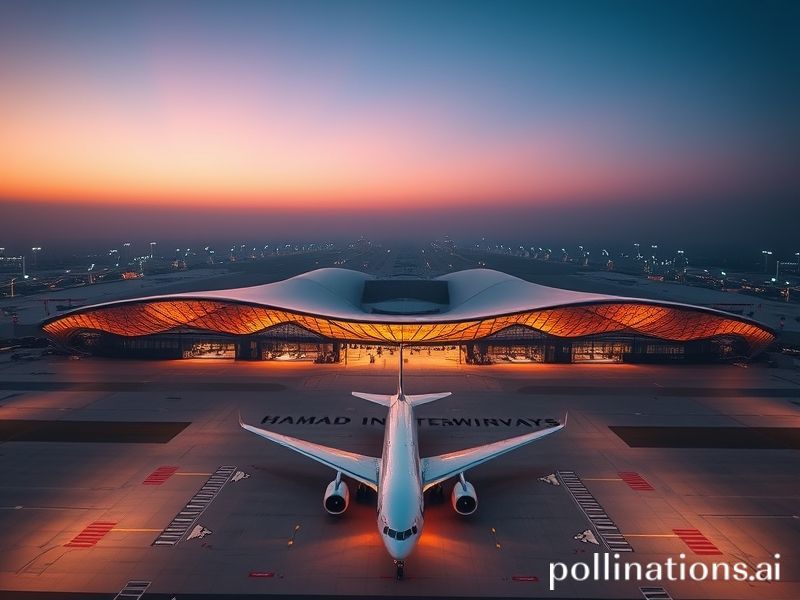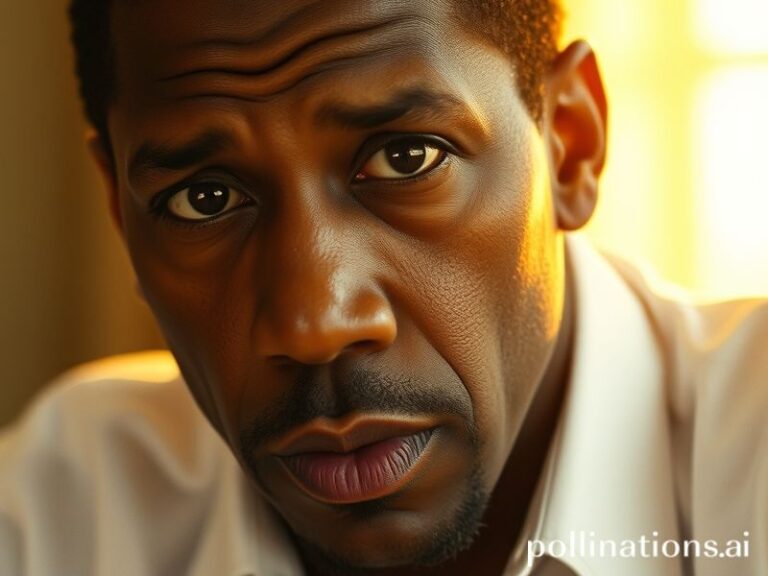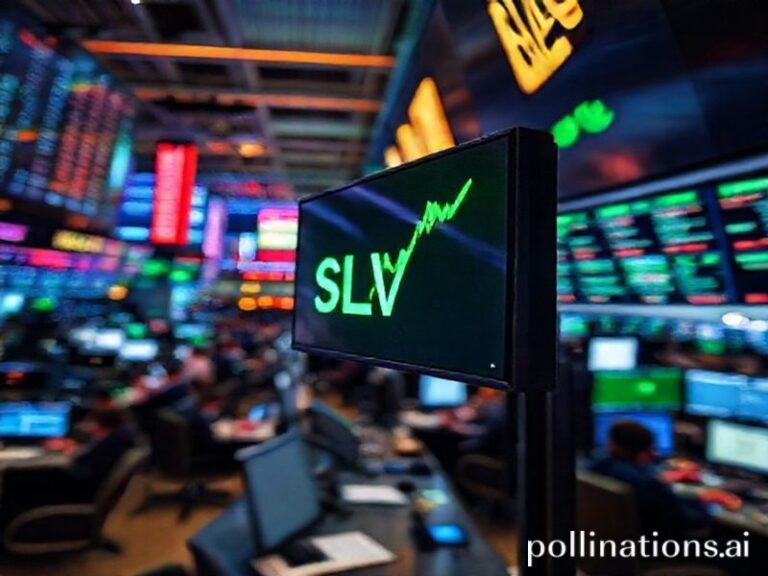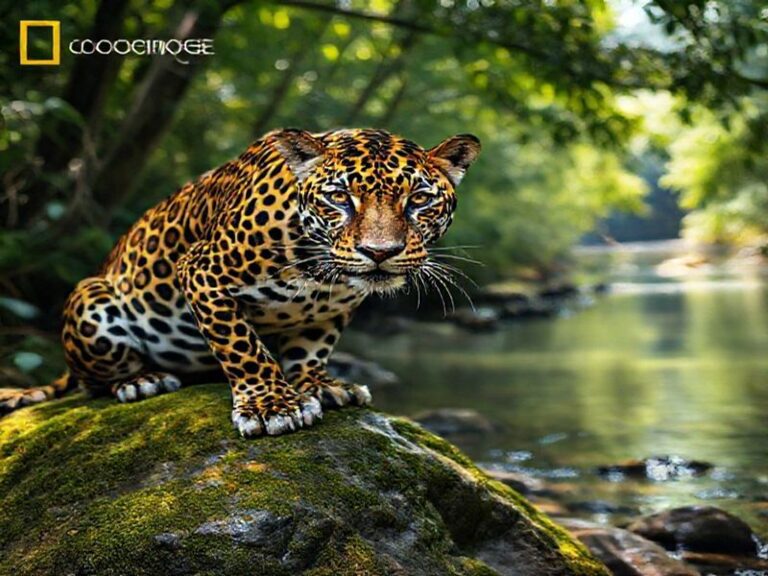Doha Airport: The $16-Billion Nowhere Where the World Agrees to Meet and Ignore Each Other
DOHA, Qatar – Somewhere between the perfume fog of Duty Free and the existential dread of Gate C-23, Hamad International Airport has quietly become the planet’s most polite choke-point. Every minute, 750 souls—fresh from Bangkok, Boston, or Bamako—shuffle through this $16-billion marble lung, clutching boarding passes like indulgences sold by a particularly efficient pope. They have 37 minutes to make a connection, 12% phone battery, and a growing suspicion that the smiling woman in the burgundy abaya knows exactly how lost they are but will only reveal it for a mileage upgrade.
Welcome to the Doha Effect: the moment when geography, hydrocarbon cash, and humanity’s collective refusal to fly direct fuse into a five-mile-long conveyor belt of caffeinated anonymity. Qatar’s rulers didn’t merely build an airport; they built a centrifuge that spins 38 million strangers a year through a chandeliered nowhere, then charges the world for the centrifugal force. Think of it as globalism’s company town, only the company sells duty-free cigarettes and miniature falcons cast in 24-karat gold.
The airport’s genius is its ruthless cosmopolitanism. The Starbucks barista is Filipino, the sommelier is Romanian, the janitor is Kenyan, and the passenger glaring at the “Estimated Wait: 19 min” sign is from everywhere and therefore from nowhere. Languages swirl like jet fuel vapors: Tagalog-inflected Arabic, schoolbook French, Texan English strained through a layover in Chennai. Everyone is equally jet-lagged, equally overcharged, and equally convinced their gate was moved as part of an elaborate psychological experiment funded by the same emir who bought a football team just to ruin Sunday afternoons in Manchester.
Geopolitically, Hamad is the neutral zone where enemy states practice the ancient art of pretending not to see each other. Iranian traders in knock-off Adidas brush past Saudi financiers who have spent the entire flight rehearsing the exact facial expression that says, “I’m above this place,” while secretly Googling whether the lounge serves better hummus than Riyadh. Israeli tech execs queue for macarons behind Qatari students wearing T-shirts that read “Free Gaza” in English glitter. Nobody makes eye contact; everyone checks the departures board as if it were the Dow Jones of national anxiety.
And yet the airport keeps expanding, because the world’s real currency isn’t the dollar or the yuan—it is the willingness to sit in a molded-plastic chair at 3 a.m. eating a ¥900 onigiri while watching a CNN anchor explain why the planet is on fire. Each new concourse is a monument to our shared addiction to cheap distance: another 200 shops selling the same 12 perfumes, another spa where you can pay $85 for a “desert sand foot ritual” performed by someone who grew up three seas away from any desert. The architectural brief might as well have read: “Design a building that whispers, ‘You could be anywhere,’ while your phone insists you are, in fact, still here.”
Climate scientists estimate that a single long-haul layover in Doha melts roughly one square centimeter of Arctic ice per passenger, a statistic the airport helpfully offsets by planting 8,000 date palms somewhere in the vicinity and printing the words “We are eco-future” on biodegradable water bottles. The palms survive on desalinated water boiled by natural gas, which is rather like using your funeral pyre to toast marshmallows, but the signage is lovely.
Boarding is announced; the herd shuffles forward, loyalty cards ready, souls slightly lighter after donating $400 to the Museum of Instinctive Shopping. Somewhere above the Persian Gulf, contrails sketch the world’s least poetic haiku: I was not here / I am not going there / Please like my selfie. The plane lifts off, and Hamad swallows another planeload of temporarily stateless consumers, already rehearsing the same choreography for the next half-million tonight.
We used to say the sun never set on the British Empire. Now it never sets on the fluorescent glow of concourse B, and the empire is us—armed with neck pillows and nihilism, circling the planet because we can’t afford to stop, and too tired to ask why we started.







